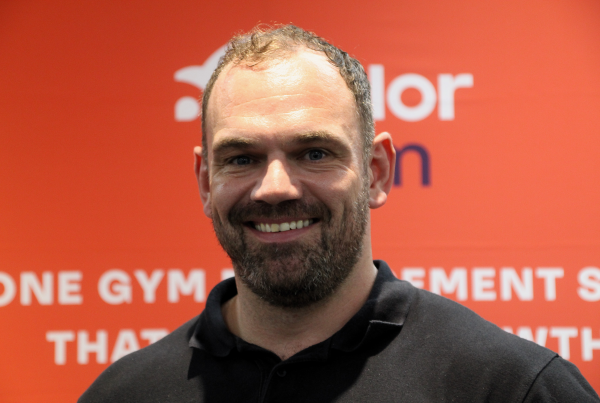The obesity strategy coordinated by the chef has lots of great points. But I’m disheartened that it doesn’t mention the role of physical activity and mental health
Children growing up in the UK today face a plethora of societal pressures and challenges. Our young people are some of the most overweight in Europe, are recording increasing levels of mental health issues, and are more likely to live a shorter life than their parents – a point I raised last week in the House of Lords. They’re also less likely to lead a financially stable life.
Last Wednesday the leaders of the Labour, Scottish National, Lib Dem and Green parties sent a letter to the prime minister, coordinated by Jamie Oliver, calling for “a comprehensive strategy to tackle childhood obesity”. It included 13 recommendations, but there were two glaring omissions from the list: the role of physical activity, and improving mental health and wellbeing – a decision I find deeply disheartening in a “comprehensive” strategy.
I recognise the positive impact that many of the recommendations could have, such as banning free offers for junk food and restrictions on advertising, and using tax incentives to make healthy food cheaper. But you cannot have a comprehensive strategy that looks only at diet, and ignores wider factors such as physical activity and mental health.
Indeed, I was staggered to read the phrase “you can’t outrun a bad diet”. Factors that can support the health of a child shouldn’t be pitched in competition with each other, and to continue to peddle this tired cliche is both divisive and counterproductive to the ambition we share across all sectors: for every child to have the chance to live a happy, healthy life.
The first step in winning this battle is to acknowledge a critical truth: the most important intervention to tackle obesity is to recognise that there is no magic bullet. Obesity is a complex disease, influenced by a multitude of factors. Any strategy, policy call or future manifesto should not view a child’s health through the narrow prism of what they eat, but put diet on an equal footing with mental health and physical activity.
This August will mark the two-year anniversary of the government’s childhood obesity plan, which was an opportunity to put children’s health at the heart of policymaking and practice. But by focusing on calories in and calories out are we missing the bigger picture? Children are seldom the main decision-maker on the factors in their life that promote weight gain; they rarely choose what they eat (at home or at school); their activity levels are often subject to the depth of a parent’s purse; and they largely exist in educational settings that are forced to place more emphasis on standardised testing than on health and wellbeing.
Isn’t it time to develop a plan for action that really supports these decision-makers and key influencers to promote and support health in a child’s life? A plan that helps parents to ensure that their children who get free school meals during term time carry on getting access to the right nutritional intake during school holidays; a plan that supports schools to embrace active curriculums by rewarding commitments to health and wellbeing; and a plan that directs revenue from initiatives such as the sugary drinks tax to those that need it most: the high-need communities disproportionately affected by obesity.
At ukactive, we champion the physical, mental and social benefits that come from an active, healthy life. I have seen first hand the vital role that the physical activity sector – with its widespread workforce of coaches, youth workers, activity professionals, play workers, health mentors and community activators – has in helping to tackle childhood obesity.
But we also recognise that our sector cannot achieve its ambitions for a healthier Britain alone. We cannot afford to waste any more time on isolated approaches. We must seek consensus across all political parties that obesity is a complex disease for which no single cause or cure exists. It’s never been clearer that we need to develop a cross-party strategy that drives an integrated approach to this fundamental issue.
The diet and physical activity agendas are of equal importance, and both sectors have to work together. To shun a collaborative, holistic approach would be to jeopardise the future health and prosperity of the UK.
Tanni Grey-Thompson, a five-time Paralympian, chairs ukactive, promoting physical activity for children. She is a House of Lords crossbencher
This article was published by the Guardian here.

More People More Active More Often




